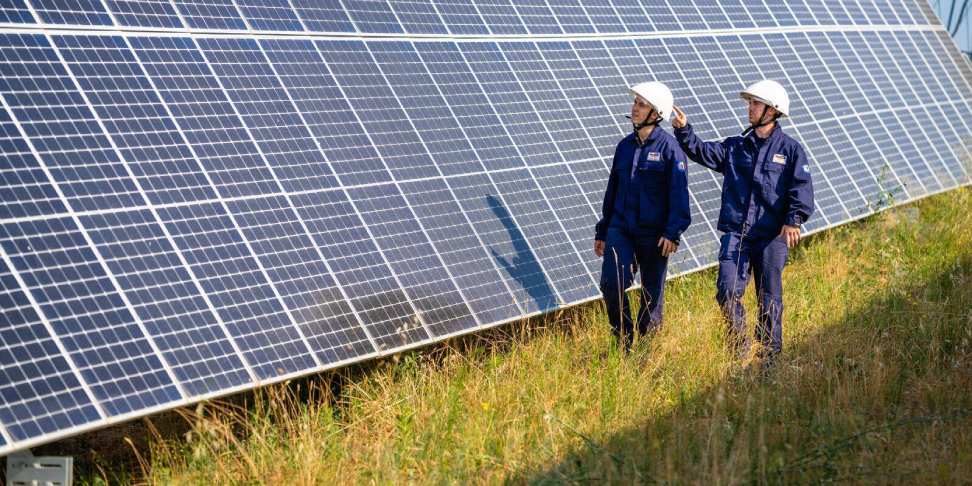11xplay Reddy Login, Betbhai9, T20exchange: Developing countries possess vast potential for implementing renewable energy sources, offering numerous opportunities for sustainable development. The abundance of sunlight in tropical regions, strong winds in coastal areas, and ample biomass resources contribute to a favorable environment for solar, wind, and bioenergy projects. These natural advantages provide developing nations with the ability to harness clean energy sources and reduce their dependency on fossil fuels.
Moreover, the decreasing costs of renewable energy technologies make them more accessible and affordable for developing countries. The declining prices of solar panels, wind turbines, and energy storage solutions have made renewable energy increasingly competitive with conventional energy sources. This affordability opens up avenues for expanding renewable energy infrastructure in developing nations, creating avenues for economic growth, job creation, and energy security.
Challenges faced by developing countries in adopting renewable energy solutions
Developing countries are confronted with numerous hurdles when it comes to embracing renewable energy solutions. One significant challenge is the lack of adequate financial resources to invest in renewable energy infrastructure. Many developing nations struggle to secure the necessary funding to implement renewable energy projects, hindering their ability to transition towards sustainable energy sources.
Additionally, the absence of proper policies and regulations poses a major barrier to the adoption of renewable energy in developing countries. The absence of clear frameworks and incentives discourages investors and limits the growth of the renewable energy sector. Without supportive policies in place, it becomes challenging for developing countries to attract investments and foster the development of renewable energy technologies.
Impact of renewable energy on economic growth in developing countries
Renewable energy has been increasingly recognized as a key driver of economic growth in developing countries. As these nations seek to reduce their dependence on fossil fuels and mitigate the impact of climate change, the transition to renewable energy sources presents numerous economic opportunities. By investing in renewable energy infrastructure such as solar panels, wind farms, and hydropower plants, developing countries can create new jobs, attract foreign investments, and stimulate local industries.
Moreover, the use of renewable energy can lead to cost savings and improved energy security, further contributing to economic growth. As countries harness the power of wind, solar, and other renewable sources, they can reduce their reliance on costly imported fossil fuels, stabilize energy prices, and enhance energy access for their citizens. This transition not only mitigates the environmental impact of traditional energy sources but also fosters a more sustainable and resilient economy for developing nations.
What are some key opportunities for implementing renewable energy in developing countries?
Some key opportunities for implementing renewable energy in developing countries include abundant natural resources such as sunlight and wind, decreasing costs of renewable energy technologies, and the potential for job creation in the renewable energy sector.
What are some challenges faced by developing countries in adopting renewable energy solutions?
Bet365 ID, Play247 Online, Iceexchange: Some challenges faced by developing countries in adopting renewable energy solutions include initial high costs of renewable energy technologies, lack of infrastructure for renewable energy integration, and limited access to financing for renewable energy projects.
How does renewable energy impact economic growth in developing countries?
Renewable energy can positively impact economic growth in developing countries by reducing dependency on imported fossil fuels, creating new job opportunities in the renewable energy sector, and stimulating innovation and investment in clean energy technologies.
Additional:

